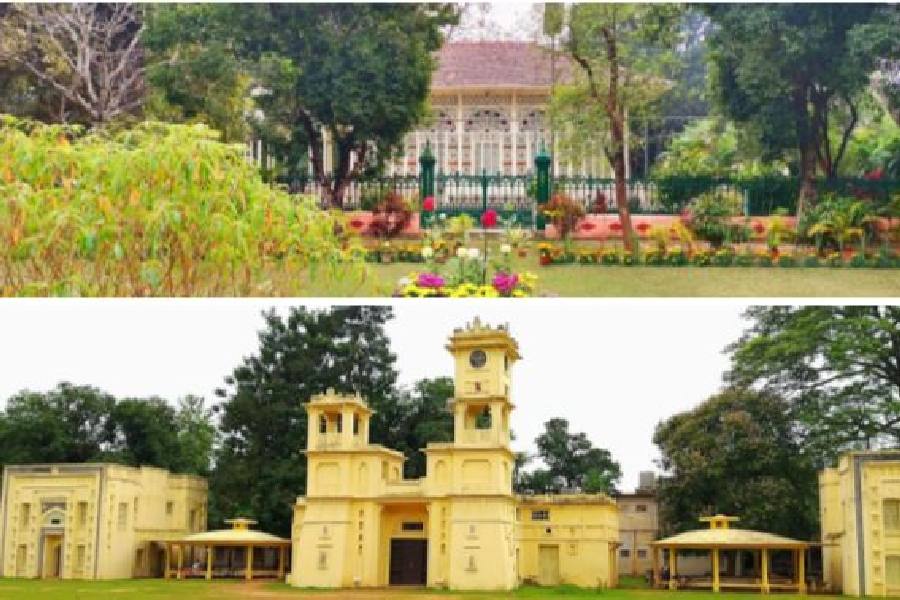It is no doubt an occasion for celebration that Santiniketan has been listed as a World Heritage site by Unesco. Many would feel that the acknowledgment should have come much earlier for a place envisioned as an abode of peace, which houses the institutions of learning and art built by Rabindranath Tagore. Santiniketan and its institutions — Visva-Bharati among them — are inseparable in people’s minds. Its peace would not have been a passive state; it was born of vibrant young minds growing and learning amid nature in an adaptation of the ashramic tradition, the blossoming of art, crafts, traditional skills, music and performance away from the colonial legacy, the merging of work with the nurturing of the environment, cultural cross-fertilisation through the presence of teachers and students from all over the world and a breakdown of the multiple barriers that divide people. This heritage is unique: it embodies a vision of an integrated humanity, knit together by nature, learning and creativity.
The Unesco award, however, comes at a time when Tagore’s dream and his tireless struggle to make it real seem rather distant. All institutions suffer decline, so it may not be strange that what Tagore built should falter too. And Tagore is a hard act to follow. But the decline seems to have been sooner and sharper than for many institutions. The theft of Tagore’s Nobel prize medallion in 2004 was a tragically eloquent symbol of the change in the institutions and their surroundings in Santiniketan. The medal has not been recovered. It is a paradox that the people who idolise the poet are not interested in working half as hard to keep some part of his vision alive. Now Santiniketan, and particularly his university, Visva-Bharati, has become the site of a tug-of-war between two political parties. Their respective leaders each appeared almost to claim credit for the award. Unforgettably, a Bharatiya Janata Party leader declared that the listing was a gift for the prime minister’s 73rd birthday.
The walls and fences against the building of which mobs created mayhem in 2020 represented divisions and enclosures that Tagore shunned. Visva-Bharati, where the world was welcome, is now being run by a vice-chancellor who is reportedly against all dissent, suspending and expelling students, suspending, sacking and withholding the retirement benefits of teachers to enforce his will, recalling tendencies of the ruling regime. An ugliness of sensibility seems to have replaced the aspiration to beauty, violence is overtaking peace, the abuse of power is wiping out impulses to friendship, hospitality and the dream of an equal humanity. But the award might inspire a collective effort at revival and preservation. It will need determination and political cooperation to step back from the edge. Award or not, it is not the memory of a past Santiniketan that should be celebrated, but the continuing presence of a peace produced by work, creativity, learning and a worldwide sense of companionship.











